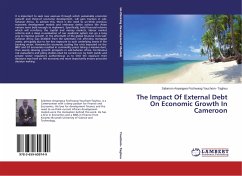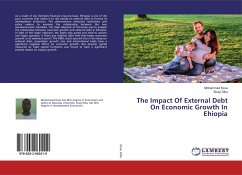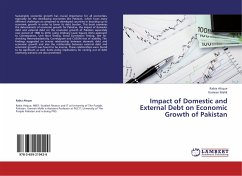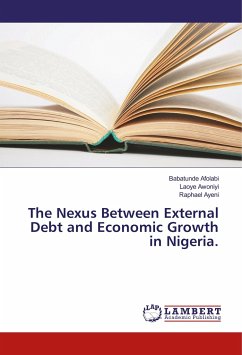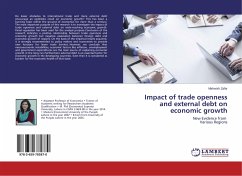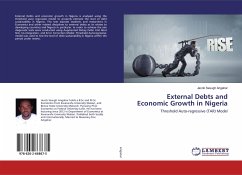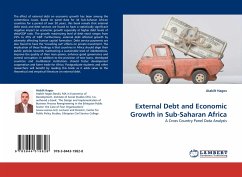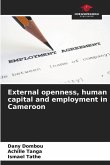It is important to seek new avenues through which sustainable economic growth and there-of economic development, will gain traction in sub-Saharan Africa. To achieve this, there is the need to un-think previous economic development models and embrasse similar actions the Asian nations were bold enough to impliment. Specifically, bold financial reforms which will re-inforce the capital and money markets, labour market reforms and a deep re-evaluation of our academic system can go a long way to improve growth. In the aftermath of the global financial crisis Sub-Saharan Africa was shielded from the systematic risk affecting mortgage assets, principlaly due to her low exposure to such underlying assets in her banking sector. However,the economic cooling the crisis impacted on the BRIC and G7 economies resulted in commodity prices taking a massive dent, thus severly slowing growth prospects in sub-Saharan Africa. Continuous risk evaluations and policy studies must be carried out, by both public and private sector regulatory authorities,so as to limit the exposure their decisions may have on the economy and more importantly ensure proactive decision making.
Bitte wählen Sie Ihr Anliegen aus.
Rechnungen
Retourenschein anfordern
Bestellstatus
Storno

